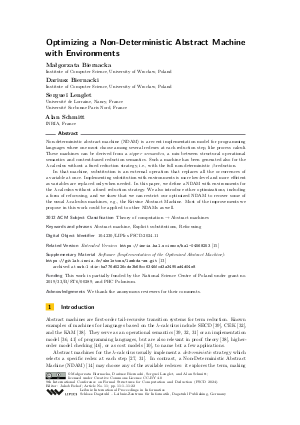LIPIcs.FSCD.2024.11.pdf
- Filesize: 0.69 MB
- 22 pages

 Creative Commons Attribution 4.0 International license
Creative Commons Attribution 4.0 International license
























Feedback for Dagstuhl Publishing